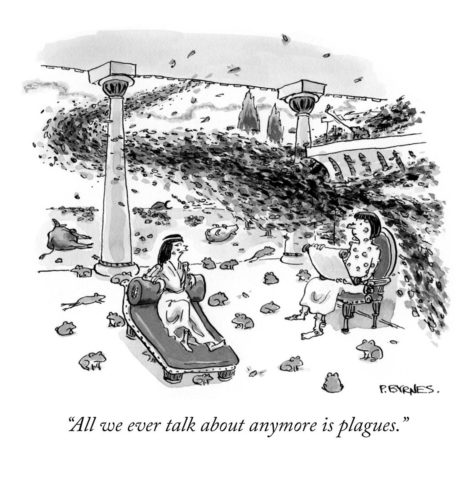Le Déluge
Back when I was in college, and running my first company, I regularly took the Metro North from New Haven to New York City several times a week. Each time I did, I’d stroll through the Posman Books location inside Grand Central, perusing the new fiction and non-fiction laid out on the tables by the front. I kept a list of books I wanted to read. And, dismayingly, despite being a life-long voracious reader, that to-read list always seemed to expand exponentially faster than the list of books I’d actually managed to finish. I remember being a bit depressed about it at the time, knowing I’d simply never be able to read everything I wanted to.
These days, I only rarely make it to a bookstore. Yet, every day, I watch enticing information and ideas stream across my path in an ever-growing number of mediums. On top of books and audiobooks, articles ‘saved to read later’ pile up in Pocket, episodes of podcasts accumulate in Overcast, blog entries stack in Feedly, and Tweets from smart and insightful people rush through my feed all day long.
In a way, that increased information overload has actually been comforting. With just a book-reading backlog to contend with, I could sometimes convince myself that I might, with herculean effort, find a way to ‘catch up.’ But now, with what I’d like to consume so vastly outpacing any conceivable human bandwidth, I’ve been forced to become a bit more zen. I learn what I can, and let the rest go.
Even so, I can’t help but sometimes wish I could freeze time, to finally make my way through all that delightful, fascinating content. As Tolkien observed, “I wish life was not so short. Languages take such a time, and so do all the things one wants to know about.”
